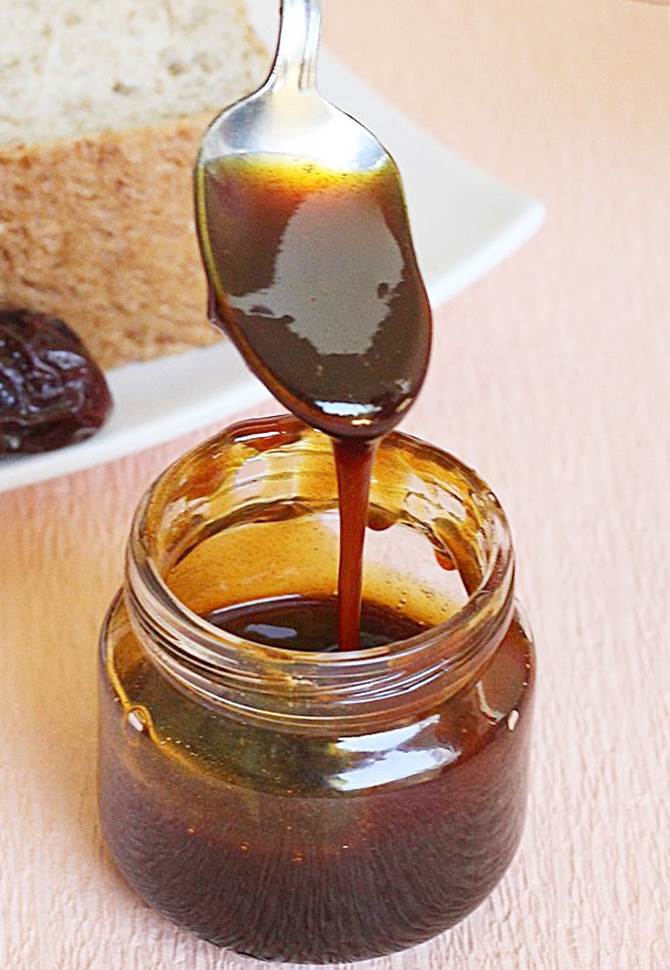Amazing Health Benefits Of Saffron Threads Kesar Saffron Spice
AMAZING HEALTH BENEFITS OF SAFFRON THREADS (KESAR): THE SECRET SPICE FOR A HEALTHY LIFE
Have you ever come across beautiful orange-red threads in a spice rack and wondered what they are? Those threads are saffron, often referred to as the “king of spices.” Saffron is not just a culinary delight but also a treasure trove of health benefits. Dating back thousands of years, saffron is known for its medicinal properties. From being a natural mood booster to relieving PMS symptoms, saffron has been used in traditional medicine for centuries. In this article, we’ll delve into the amazing health benefits of saffron threads and explore why it’s considered a valuable spice.

1. Mood Booster:
Saffron has long been recognized for its mood-enhancing properties. Research has shown that saffron, due to its active compounds, can help alleviate symptoms of depression and anxiety. It is believed to work by increasing the levels of serotonin, a neurotransmitter known for its mood-regulating effects. So, the next time you’re feeling low, a cup of warm saffron-infused tea might just do the trick.
2. Heart Health:
Maintaining a healthy heart is essential for overall well-being, and saffron can play a role in promoting cardiovascular health. Studies have shown that saffron can help lower blood pressure, reduce cholesterol levels, and improve blood circulation. These benefits are attributed to its antioxidant properties, which help protect the heart against damage caused by oxidative stress.
3. Anti-Inflammatory Properties:
Inflammation is at the root of many chronic diseases, including arthritis and certain types of cancer. Saffron possesses potent anti-inflammatory properties that can help combat inflammation in the body. Moreover, studies have shown that saffron can inhibit the production of pro-inflammatory molecules, further aiding in reducing inflammation.
4. Eye Health:
Saffron contains several compounds that are beneficial for eye health. It has been found to protect the retina from damage caused by age-related macular degeneration (AMD) and oxidative stress. Additionally, saffron may help improve vision in individuals with certain eye conditions, such as cataracts.
5. Weight Management:
Struggling to shed those extra pounds? Saffron may be just what you need. Research suggests that saffron can help suppress appetite and reduce snacking between meals, ultimately aiding in weight management. It works by increasing serotonin levels in the brain, which helps control cravings and emotional eating.
6. Cognitive Function:
As we age, cognitive decline becomes a common concern. Saffron has been found to have neuroprotective effects and may help improve cognitive function. Studies indicate that saffron can enhance memory, attention, and overall cognitive performance. These benefits are attributed to its ability to protect brain cells from oxidative stress and reduce inflammation in the brain.
7. PMS Symptom Relief:
Many women experience uncomfortable symptoms during their menstrual cycle, commonly known as premenstrual syndrome (PMS). Saffron has been shown to alleviate PMS symptoms including mood swings, irritability, and anxiety. Its mood-regulating effects help balance hormones and reduce the severity of PMS symptoms.
8. Digestive Health:
Maintaining a healthy digestive system is essential for overall well-being. Saffron can aid in digestion by promoting the production of digestive enzymes and reducing inflammation in the gut. It can also help alleviate symptoms of indigestion and bloating.
9. Cancer Prevention:
The antioxidant properties of saffron make it a potential ally in the fight against cancer. Its active compounds have been found to inhibit the growth of cancer cells and induce apoptosis (programmed cell death) in certain types of cancer. While more research is needed in this area, saffron shows promising potential as a natural cancer preventive agent.
10. Skin Health:
Saffron possesses numerous benefits for the skin. It has antioxidant and anti-inflammatory properties that can help reduce skin inflammation, improve complexion, and promote a healthy glow. Saffron-infused creams and face masks are commonly used to treat acne, blemishes, and signs of aging.
Frequently Asked Questions:
Q: How should I incorporate saffron into my diet?
A: Saffron can be used in various culinary preparations. It can be added to rice dishes, soups, stews, and desserts for flavor and aroma. Additionally, saffron can be brewed into a tea or used to infuse milk for a warm and comforting beverage.
Q: What is the recommended dosage of saffron?
A: The dosage of saffron may vary depending on the purpose. As a general guideline, a daily dose of 30 mg to 50 mg is often recommended for its health benefits. It is important to note that excessive consumption of saffron may have adverse effects, so it’s best to consult with a healthcare professional before starting any supplementation.
Q: Are there any potential side effects of saffron?
A: Saffron is generally considered safe when consumed in moderate amounts. However, some individuals may experience allergic reactions or digestive discomfort. Pregnant women should exercise caution and avoid large amounts of saffron, as it may stimulate uterine contractions.
Q: Where does saffron come from?
A: Saffron is derived from the Crocus sativus flower, a purple perennial plant. It is primarily cultivated in countries such as Iran, India, Spain, and Greece. The saffron threads are handpicked and carefully dried to preserve their flavor and medicinal properties.
Final Thoughts:
Saffron threads, with their vibrant color and delicate aroma, are not just a culinary delight but also a powerhouse of health benefits. From improving mood to promoting heart health and aiding in weight management, saffron offers an array of advantages for overall well-being. So, the next time you reach for your spice rack, make sure to grab a pinch of saffron and experience its amazing health-boosting properties firsthand. Remember to consult with a healthcare professional before making any significant changes to your diet or starting a new supplementation regimen.







